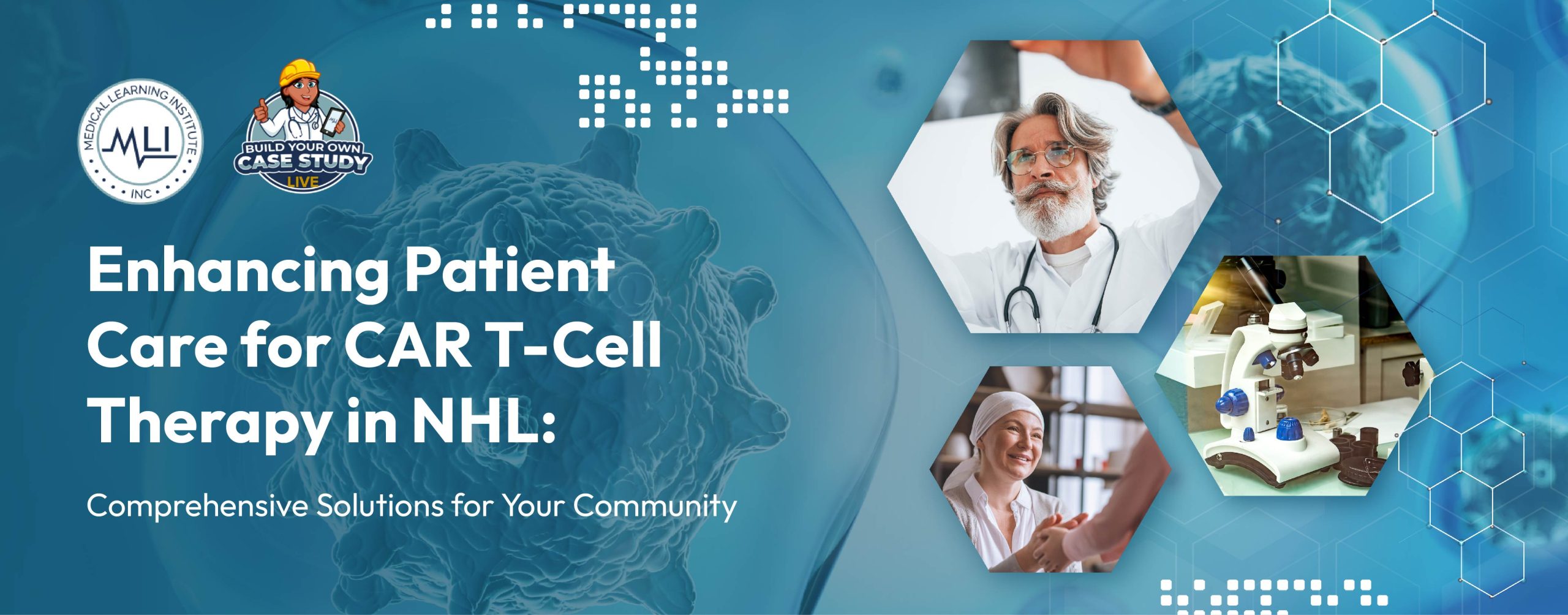
Activity Description:
In this Build Your Own Case Study LIVE, “Enhancing Patient Care for CAR T-Cell Therapy in NHL: Comprehensive Solutions for Your Community,” learn from expert faculty about the most recent clinical updates and emerging real-world efficacy and safety data of CAR T-cell therapies in NHL. Build Your Own Case Study LIVE will guide participants through an interactive learning progression, as they go through two patient scenarios and make selections at critical decision points. Participants will be provided with patient clinical presentation and other relevant factors including age, time and aggressiveness of relapse, social history, genetic profiling/molecular testing results, cytogenetic risk factors, disease subtype, comorbidities, and prior therapies in order to make appropriate treatment decisions. Expert faculty will discuss participant selection of treatments, sequencing considerations, and drug-related toxicities. The activity will conclude with a discussion on how to develop strategies to assist patients with coordinated care and long-term disease management after the receipt of CAR T-cell therapy.
Earn up to 1.0 CME/CE contact hours.
Space is limited, so REGISTER TODAY!
Agenda
Part 1: Exploring Innovative NHL Treatment Alternatives: Expert Insights on Integrating Clinical Guidelines into Decision-Making
Part 2: Constructing Patient Case Studies: Expert Conversations on Selecting Treatment Options and Patient Scenarios
Part 3: Cultivating Personalized Treatment Strategies through a Multidisciplinary Approach: Expert Discourse on Coordinated Care, Outpatient CAR T, and Patient-Centric Factors
Key Takeaways and Conclusions
Q&A with Expert Faculty
This activity is intended for hematologists/oncologists (community and academic), PAs, NPs, and other members of the interprofessional, multidisciplinary cancer care team on a global level that interface with patients with NHL.
After completing this CE activity, the participant should be better able to:
- Assess the expanding treatment landscape for patients with NHL, including new and emerging non-CART options such as bispecific antibodies, and its impact on individualized treatment selection and treatment sequencing.
- Analyze available CAR T-cell therapies for patients with relapsed/refractory NHL based on the latest safety and efficacy trial data and currently approved indications.
- Conduct comprehensive evaluation to determine eligibility and potential benefits of CAR T-cell therapy based on recent clinical trial data, guideline recommendations, as well as patient-, disease-, and treatment-specific factors.
- Identify suitable candidates that might benefit from CAR T-cell therapy in an outpatient setting versus an inpatient setting to support patient preference and satisfaction.
- Apply a multidisciplinary approach to coordinate care between referring physician, establishing outpatient CART centers, and cross-collaboration with clinical teams to ensure individualized and optimal patient management.
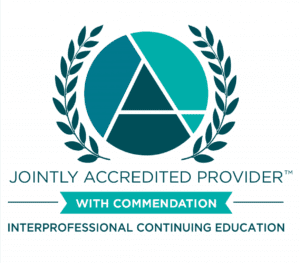

This activity is provided by MLI
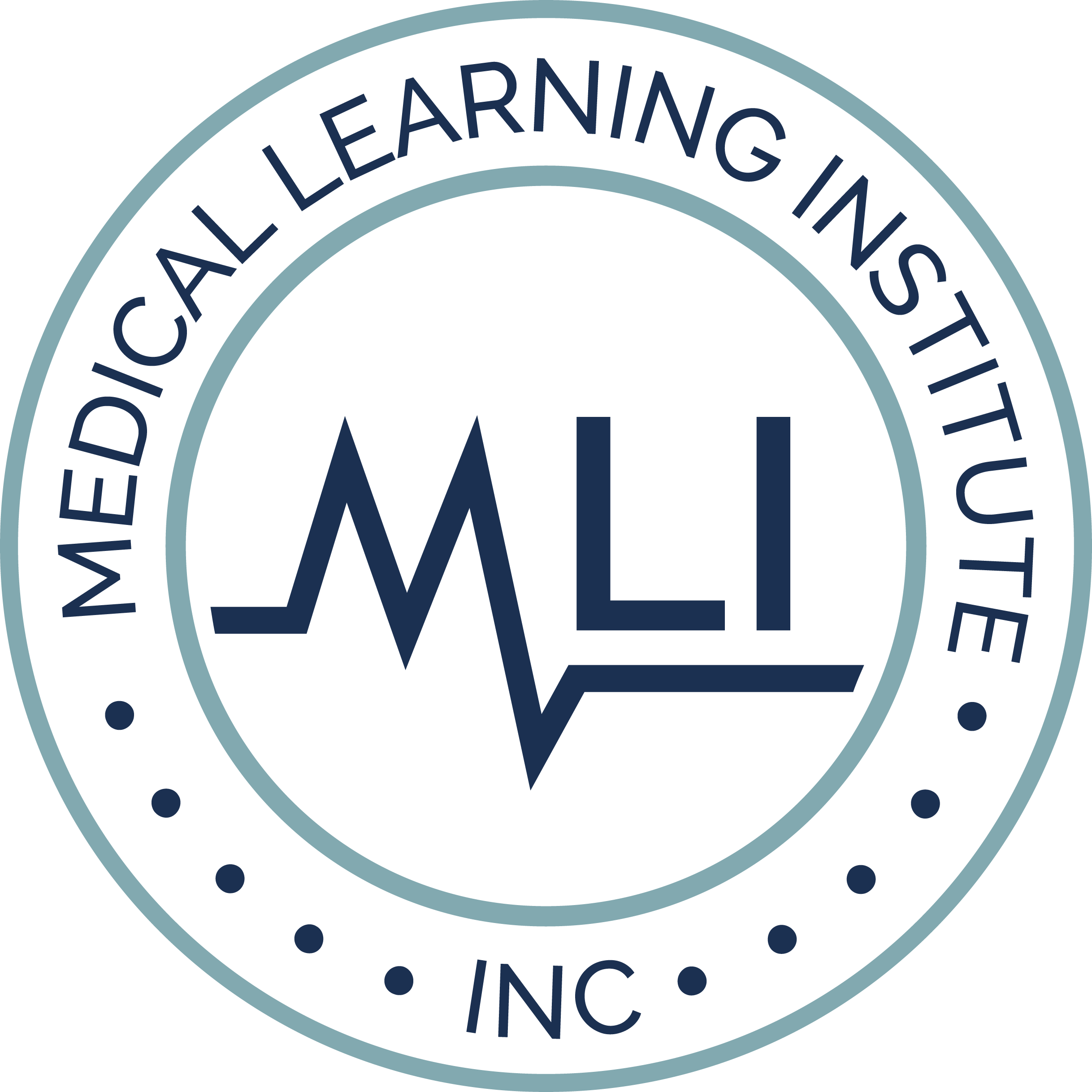

Physician Continuing Medical Education
Medical Learning Institute, Inc. (MLI) designates this live activity for a maximum of 1.0 AMA PRA Category 1 Credit™.
Physicians should claim only the credit commensurate with the extent of their participation in the activity.
MOC Statement
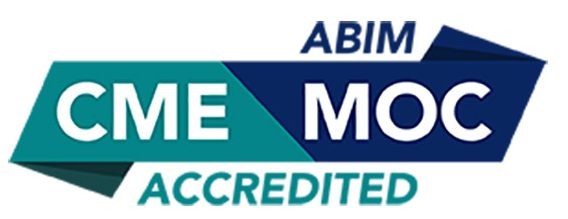

Participation information will be shared through the ACCME’s Program and Activity Reporting System (PARS).
Through an agreement between the Accreditation Council for Continuing Medical Education and the Royal College of Physicians and Surgeons of Canada, medical practitioners participating in the Royal College MOC Program may record completion of accredited activities registered under the ACCME’s “CME in Support of MOC” program in Section 3 of the Royal College’s MOC Program.
ECMEC(R) Credit


Physician Associate
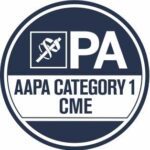

Nursing Continuing Professional Development
Successful completion of this nursing continuing professional development activity will be awarded 1.0 contact hour and 0.65 contact hour in the area of pharmacology.
Interprofessional Continuing Education (IPCE) Statement


All disclosures will be provided to learners prior to the live presentation on Friday, May 31, 2024.
Support Statement
This activity is supported by an educational grant from Bristol Myers Squibb.
Symposium Location & Time
2024 ASCO Annual Meeting
Friday, May 31, 2024
6:00 PM – 6:30 PM Dinner
6:30 PM – 7:30 PM Program
Hilton Chicago | Williford Room – 3rd Floor
720 South Michigan Avenue
Chicago, IL
Faculty


Department Chair, Department of Lymphoma-Myeloma
Division of Cancer Medicine
The University of Texas MD Anderson Cancer Center
Houston, TX, USA


Catherine Coombs, MD
Associate Clinical Professor
Division of Hematology-Oncology
Department of Medicine
University of California, Irvine School of Medicine
Orange, CA, USA


Associate Professor
Cleveland Clinic Lerner College of Medicine
Staff Physician, Department of Hematology and Oncology
Cleveland Taussig Cancer Institute
Cleveland, OH, USA
Not an official event of the 2024 ASCO Annual Meeting. Not sponsored, endorsed, or accredited by ASCO®, Association for Clinical Oncology, CancerLinQ®, or Conquer Cancer® the ASCO Foundation.
There are no fees for participating in or receiving credit for this CE activity, however, you must be registered for 2024 ASCO Annual Meeting.
